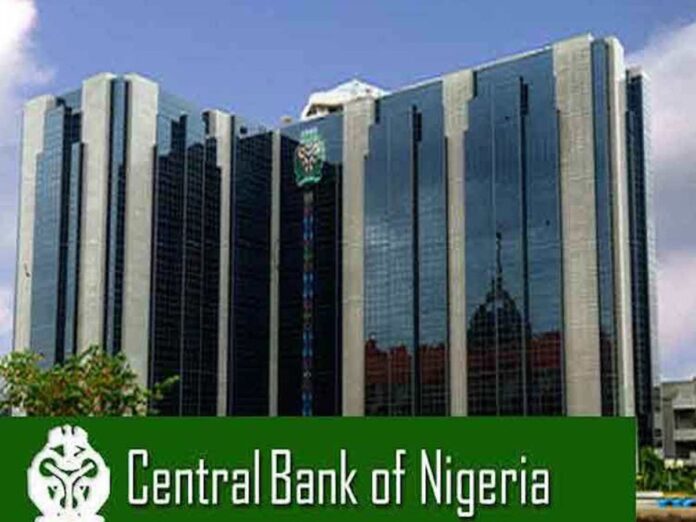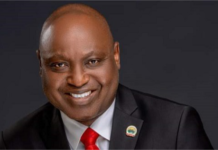CBN warns excessive Ways and Means borrowing frustrates monetary policy
By Jeph Ajobaju, Chief Copy Editor
Even the Central Bank of Nigeria (CBN) has joined the chorus against skyrocketing national debt, now at N38 trillion, with a warning that excessive borrowing by Abuja through Ways and Means Advances (WMA) could frustrate CBN’s monetary policy.
CBN is the federal government banker. WMA is a mechanism it uses to provide the government with overdraft to bridge temporary shortfalls in cash flow.
The CBN handles the majority of the government’s banking business inside and outside Nigeria. In doing that, the CBN also helps cover temporary budget gaps using WMA which are limited by law.
WMA are available to the government to finance deficits up to 5 per cent of previous year’s real collected revenue, according to Section 3.2.15 of the CBN’s Monetary, Credit, Foreign Trade, and Exchange Policy released in September 2020.
__________________________________________________________________
Related articles:
End CBN loans, lift the poor, World Bank tells Abuja
Nigeria’s debt climbs to $92.62b. Seeks $5.8b new loans
Debt servicing costs N977.03b in H1 2021
__________________________________________________________________
Negative consequences
Rising government overdrafts have come with negative consequences, according to the Frequently Asked Questions page on the CBN website, as reported by Nairametrics.
“Can the Federal Government frustrate the Central Bank of Nigeria from pursuing its monetary policy?” the CBN was asked.
It responded thus:
“Yes when the federal government exceeds its revenue, the CBN finance government deficit through Ways and Means Advances subject (in some cases) to the limits set in the existing regulations, which are sometimes disregarded by the Federal Government.
“The direct consequences of the central bank’s financing of deficits are distortions or surges in the monetary base, leading to an adverse effect on domestic prices and exchange rates i.e. macroeconomic instability because of excess liquidity that has been injected into the economy.
“The ultimate goals of monetary policy are basically to control inflation, maintain a healthy balance of payment position in order to safeguard the external value of national currency and promote adequate and sustainable level of economic growth and development.
“These goals are achieved by controlling money supply in order to enhance price stability (low and stable inflation) and economic growth.”
Growing debt
Nairametrics reports that Nigeria’s debt has increased since the start of the decade in 2020, adding N9.3 trillion to its public debt, an average N4.5 trillion per year. The yearly average in the decade ending in December 2019 was N2.2 trillion.
Latest Debt Management Office (DMO) data shows that Nigeria’s debt surged to N38 trillion by the third quarter of the year ending in September 2021 (Q3 2021).














